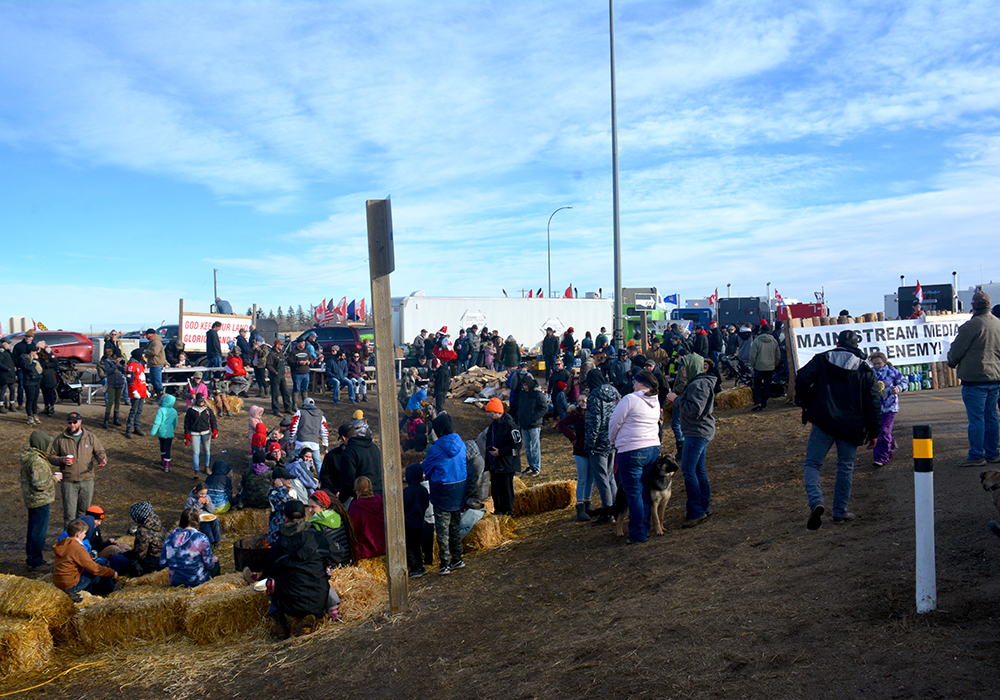Having seen and talked to the people on the ground during the Coutts blockade, it’s clear there is a disconnect between what they are saying and what the political establishment in southern Alberta is doing about their concerns.
The four Conservative MPs for the region encompassing the area south of the Trans-Canada Highway in Alberta have appeared more concerned with what’s going on in Ottawa rather than their own backyards.
On the provincial side, if the UCP government was aware of the impact of the blockade to the agricultural sector already struggling from last year’s drought — let alone willing to stand up to protect it from further harm — it chose to remain silent.
Read Also

Farmer ownership cannot be seen as a guarantee for success
It’s a powerful movement when people band together to form co-ops and credit unions, but member ownership is no guarantee of success.
Elected politicians across Alberta’s southland who have supported police and law and order platforms in the past stood on the sidelines while lives of officers were put at risk and said nothing at a time when standing by those principles was most important.
Nor did they support the demonstrators on the ground fighting for change.
NDP opposition Leader Racheal Notley waited 10 days to publicly speak to the issue and, when she did, portrayed all of those frustrated southern Albertans as “criminals.”
Those who took part in the blockade, and their supporters who flooded in to join the demonstrations, expressed animosity, if not hostility, toward those elected politicians who called for an end to the protest at the border, no matter what party they represented.
There will be a provincial election in a little more than a year in Alberta — possibly sooner — while the federal government is being held together by a weak coalition in a minority Parliament.
It’s apparent that what’s good for the wider conservative political establishment likely will be at odds with what southern Albertans want for their communities.
When southern Albertans are given a viable choice for a conservative alternative, such as the Reform and Wildrose parties on the federal and provincial levels, they’ve exercised that option, and both parties used the region as a springboard to wider success.
Judging by the calls for change in the region that were brought to a head by the Coutts blockade, it will be hard not to see southern Alberta once again spark political change in the near future.
















